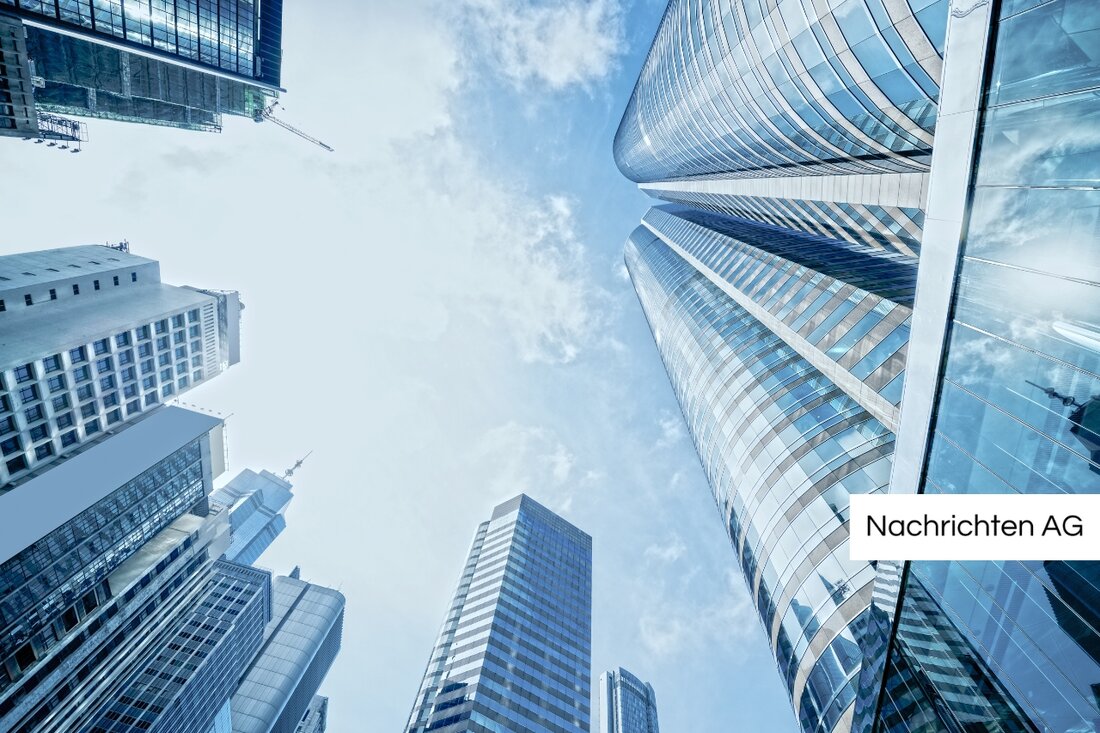Russia's fertilizer exports: A threat to Germany's agriculture?
Russia's fertilizer exports are putting a strain on the EU economy. Experts warn of dependency and rising production costs for German farmers.

Russia's fertilizer exports: A threat to Germany's agriculture?
The EU's dependence on Russian fertilizer imports is growing and could have significant economic consequences. How Mercury reports, Russia will play an increasingly important role in European agriculture through its fertilizer exports. Imports from Russia increased by over 33% to 6.2 million tons in 2024, worth more than 2.2 billion euros. These growing exports have already led to the European Union's risky dependence on Russian fertilizers, experts warn.
Uncertainty about commodity markets is increasing, particularly since Russia's oil and gas revenues have fallen. Nevertheless, the fertilizer trade remains a significant source of income for the country, with an estimated 550 million euros in tax revenue from this business. German companies are expressing concern about possible future dependency scenarios. German agriculture in particular sees itself under pressure from dampening production costs and increasing dependency.
Economic pressure and rising prices
The prices of mineral fertilizers rose significantly after Russia began to export more of its products to the EU. Before the Ukraine conflict, the price of artificial fertilizer was around 250 euros per ton and climbed to up to 1,000 euros. This development is being driven in particular by the high natural gas prices, as 90 percent of artificial fertilizer is made from natural gas. While fertilizer prices are rising, wheat prices have fallen, further complicating the situation for farmers. How daily news states, plants such as wheat need a lot of artificial fertilizer for a high protein content and good adhesive quality.
Another aspect is the reaction of the European Union. Policymakers are considering raising tariffs on Russian fertilizer imports to weaken the Russian economy. Nevertheless, the tariffs do not conflict with global food security interests. EU countries now face the challenge of reducing dependence on Russian fertilizer producers while domestic production suffers from higher labor costs and stricter environmental regulations.
The role of Russian companies and market undercutting
Russian fertilizer producers have rapidly increased their market shares in the EU. They already control almost a third of the EU fertilizer market. Companies like EuroChem, which operates a fertilizer factory in Saint Petersburg, are directly involved in war production. Among other things, EuroChem delivered 38,000 tons of nitric acid to ammunition factories. This raises the question of the extent to which these companies can be prosecuted.
The capacity utilization of European fertilizer manufacturers fell after the Ukraine war. SKW Piesteritz reports a utilization rate of only 50-60 percent. Many European manufacturers fear that they will be forced out of the market by Russia's dumping prices. Despite these challenges, the trade in Russian fertilizer remains legal, so that freighters can regularly transport 5,500 tons of fertilizer to Bremen to Germany, as was the case recently.
In view of current developments, both the EU and German politicians are under pressure to define an effective sanctions regime against fertilizer exports from Russia. Given the complex geopolitical challenges, the future role of Russian fertilizer in European agriculture will be crucial.

 Suche
Suche
 Mein Konto
Mein Konto
